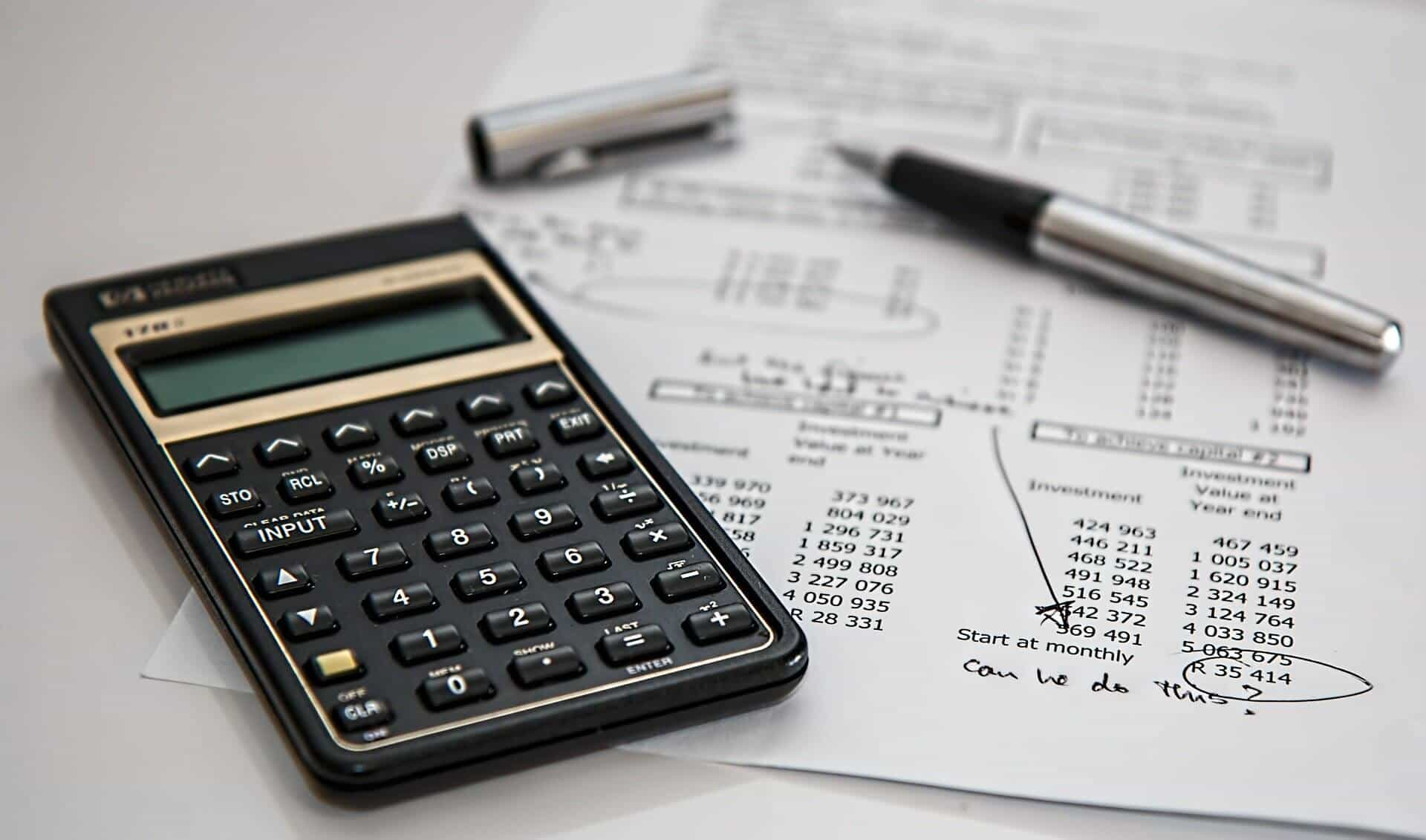Bankruptcy is a serious financial step that many individuals are compelled to take as a last resort to handle insurmountable debt.
While this legal process can provide a much-needed financial reset, its impact on your credit can be significant and long-lasting.
One question that surfaces repeatedly among those considering bankruptcy is, “Can I get a credit card or loan after I file for bankruptcy?”
The straightforward answer is yes, you can get a credit card or loan after filing for bankruptcy.
However, the road to securing credit post-bankruptcy is fraught with challenges and requires careful planning, patience, and a clear understanding of the process.
The immediate aftermath of a bankruptcy filing often leaves your credit score severely damaged, making it difficult to qualify for traditional credit cards and loans. This is primarily because lenders consider individuals with a bankruptcy record as high-risk borrowers.
This doesn’t mean obtaining new credit is impossible. It just means the terms of available credit, such as high-interest rates and lower credit limits, may not be as favorable initially.

A common method of rebuilding credit post-bankruptcy is through secured credit cards. Unlike unsecured cards, secured cards require a refundable deposit, which typically sets your credit limit.
These cards are easier to qualify for since the deposit reduces the lender’s risk. Timely payments on a secured card can help improve your credit score over time, eventually leading to qualification for unsecured credit cards.
Next, retail or gas credit cards are also options to consider. These cards often have lower credit score requirements but may come with higher interest rates and lower credit limits.
Responsible use and timely payment of these cards can help improve your creditworthiness.
Bankruptcy filers might also consider credit-builder loans as a means of reestablishing their credit.
These loans, offered by some credit unions and banks, are designed to help individuals build a positive credit history. The borrower pays the loan in installments, and the lender reports these payments to the credit bureaus, boosting the borrower’s credit score.
For those seeking a mortgage loan post-bankruptcy, be prepared to wait. The waiting period can range from two to four years, depending on whether you filed for Chapter 7 or Chapter 13 bankruptcy.
Similarly, auto loans might be accessible sooner than a mortgage but expect to face higher interest rates.
Regardless of the type of credit sought, the cornerstone of rebuilding credit post-bankruptcy is creating and maintaining a pattern of responsible financial behavior.
Regular, on-time payments, keeping balances low, and not applying for too much credit at once are all key factors in credit score calculation and will gradually improve your creditworthiness.
While it’s certainly possible to get a credit card or loan after filing for bankruptcy, it’s important to evaluate whether it’s the right choice for you. Bankruptcy should serve as an opportunity to reassess your financial habits and make necessary changes to prevent future hardship.
The goal post-bankruptcy should not simply be to obtain new credit but to establish sustainable financial health.
Remember that every individual’s financial situation is unique, and what works for one person may not work for another. Therefore, it’s always a good idea to seek guidance from a credit counselor or financial advisor to plan your journey back to financial stability post-bankruptcy.
Bankruptcy doesn’t have to spell the end of your financial life. With careful planning, responsible behavior, and time, you can regain your financial footing, and yes, you can get a credit card or loan after filing for bankruptcy.
It’s a challenging journey, but by taking the right steps, it’s entirely possible to rebuild your credit and work toward a more stable financial future.
If you’re considering bankruptcy, it’s recommended to at least consult with an experienced bankruptcy attorney before making a decision. Many offer free consultations, which can provide you with a clearer understanding of what’s involved in the bankruptcy process and what you can expect.
This decision is too important to go it alone — getting professional legal advice is a wise investment in your financial future.

It’s important to hire an experienced bankruptcy attorney as one of the steps to take when you’re facing bankruptcy and you need solid guidance and representation.
This is because there are many different types of bankruptcy. Only an experienced lawyer will know which one would work best for your specific situation.
It might seem like it makes sense to do this yourself. But most people don’t have the time or patience to understand all of the intricate details involved in bankruptcy.
That means they make mistakes by not choosing the right type, or by not filling out paperwork correctly. Both things could lead to delays and ultimately hurt your chances of getting any debt relief at all.
This is not a journey to take lightly, but it is also not one to take alone. If you need to file for bankruptcy, reach out to us today to start your journey with us.
If you want to learn more about the options you have and the steps to take, call us for a free consultation.

Parker and DuFresne
